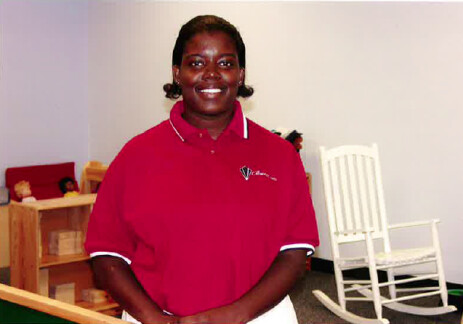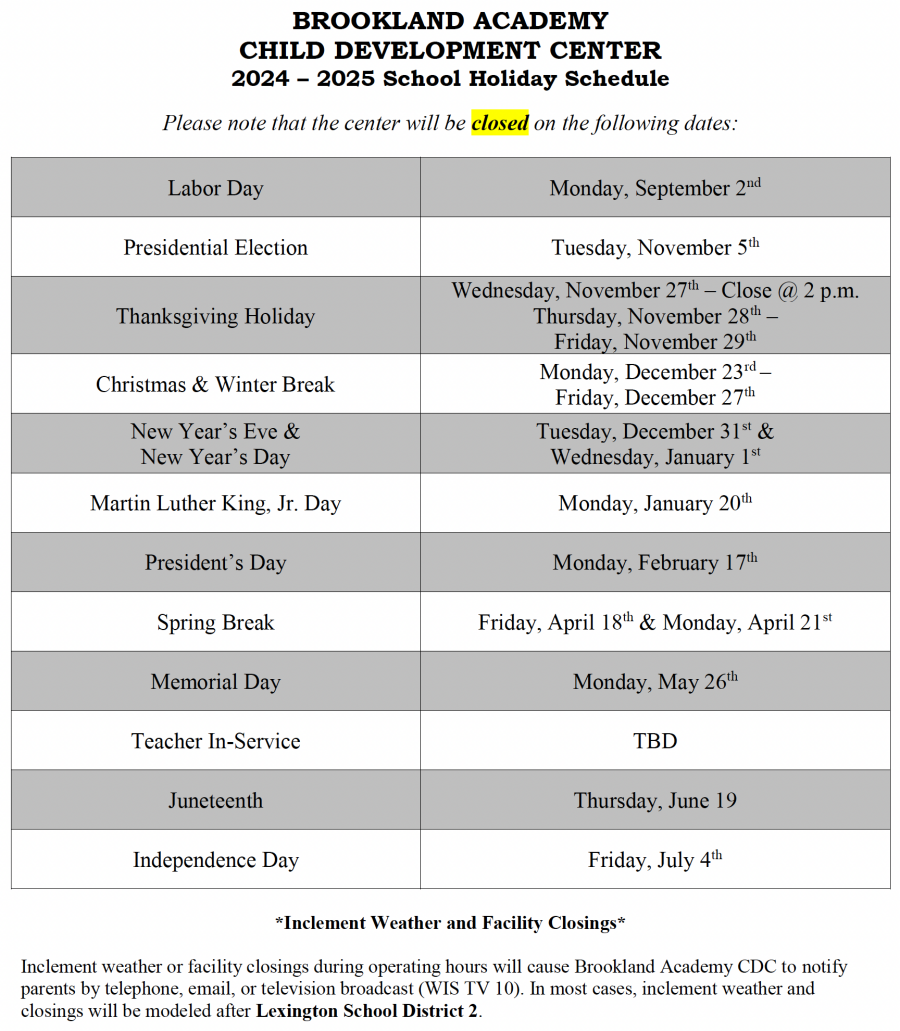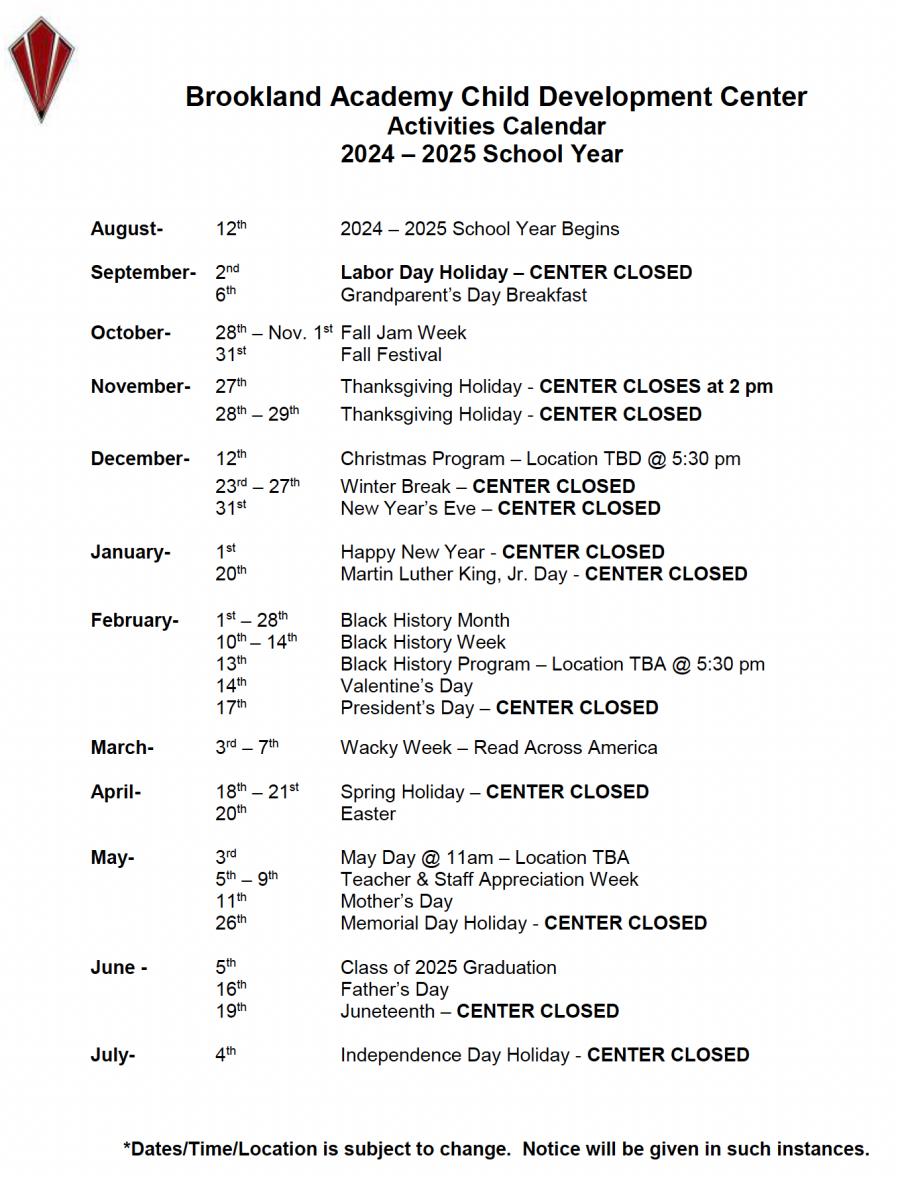Brookland Academy Curriculum
Curriculum
Parents are the most important teachers. Success in school can be enhanced by parent and teachers working together. We encourage you to visit the classroom, participate in classroom activities, and extend school learning experiences at home.
BACDC believes that good infant care is a special kind of care, characterized by respectful and responsive relationships. Continuity of care is practiced at the Center when staffing allows. This approach allows the child and caregiver to remain together until the child moves to the preschool department. Caregivers are nurturing and understand the importance of building strong relationships with children and early brain development. The infant and toddler environment at BACDC is designed to ensure safety, offer infants appropriate developmental challenges, and promote optimum health and growth.
Creative Curriculum
BACDC offers developmentally appropriate method of learning from a Christian perspective that is facilitated by individual activities and interest centers. The teaching staff utilizes practices based on Christian principles and a hands-on approach to learn through the Creative Curriculum. This organized Christian approach to learning incorporates daily devotions, bible stories and character education in each component of its learning experiences. Guidelines for each program are based on the developmental stage of the children enrolled. Creative Curriculum is one of four developmentally appropriate approaches to curriculum recommended by the SC Department of Education. It is research-based and curriculum areas are integrated. Creative Curriculum aligns with appropriate SC Learning Standards. The curriculum/studies emerge from the children’s interests. Children make choices throughout the day that guide their learning and help them make meaningful connections to previous experiences. Teachers are viewed as facilitators of learning. They create carefully planned environments, encourage child-child interactions, and provide a positive climate for social growth.
Active Learning: Children are involved in direct, hands-on experiences with people, objects, ideas, and events. While teachers share control and initiative with children, they are guided by 58 key experiences that all children need to have as part of their intellectual, physical, social, and emotional development.
Adult-Child Interaction: Adults observe and interact with children at their level to discover how each child thinks and reasons. Adults interact with children in ways that em¬power children to take control of their own learning.
Learning Environment: Classroom furniture and equipment are arranged in several clearly defined interest areas that enable children to find, use, and return the materials they need in order to explore, invent, and learn about their world.
Daily Routine: Each day follows a similar schedule of events, providing consistency for both children and adults. A daily plan-do-review process is at the core of the High/ Scope routine and gives children the opportunity to pursue their own interests, make plans, follow through on them, and reflect on their experiences with peers and adults.
Assessment: Teachers regularly record notes and collects work samples on children's behaviors, experiences, and interests to create their portfolio. They use these notes to assess each child's development and to plan activities that will facilitate their growth and development. They also use these notes in parent meetings to help parents better understand his/her child's development.
BACDC will also incorporate South Carolina Early Learning Standards promoted by the South Carolina State Department of Education. Other developmentally appropriate tools will be used to enhance language and literacy, mathematical instruction and science.



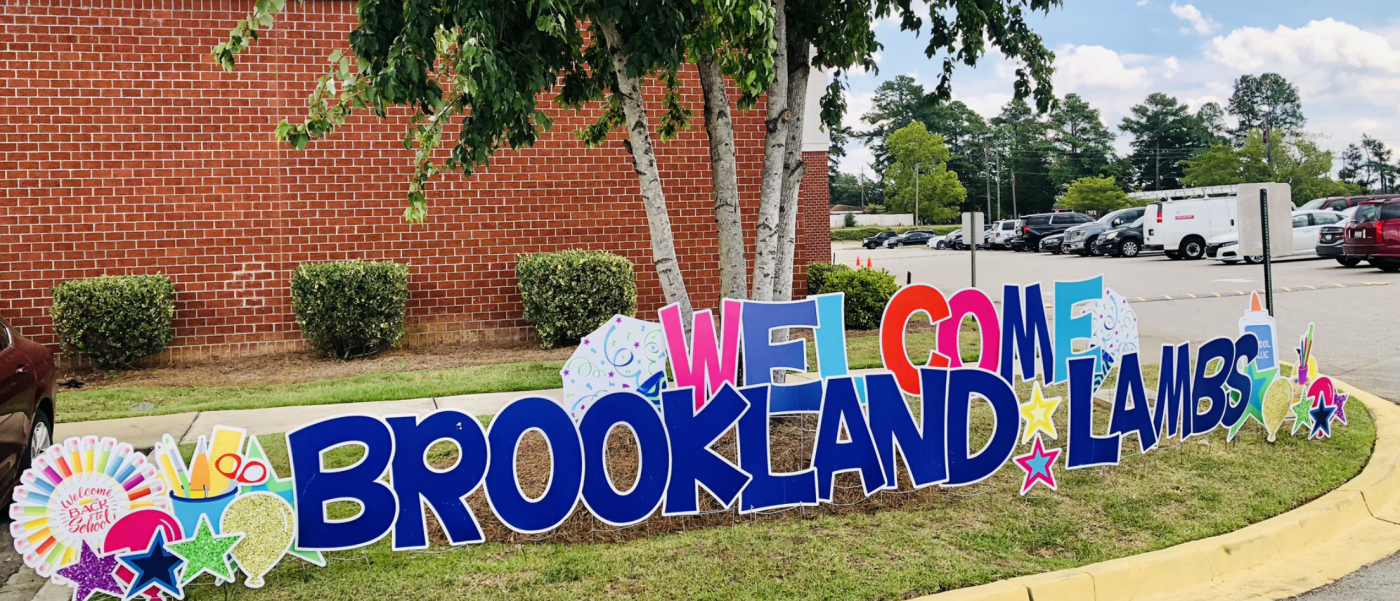

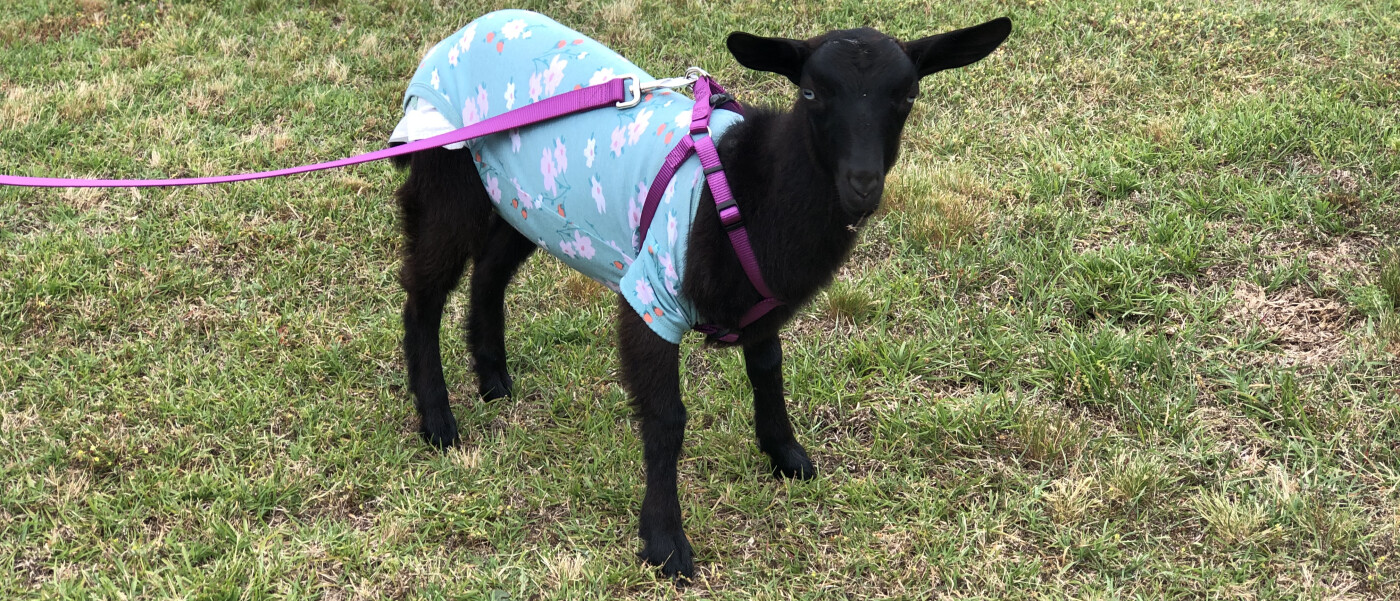
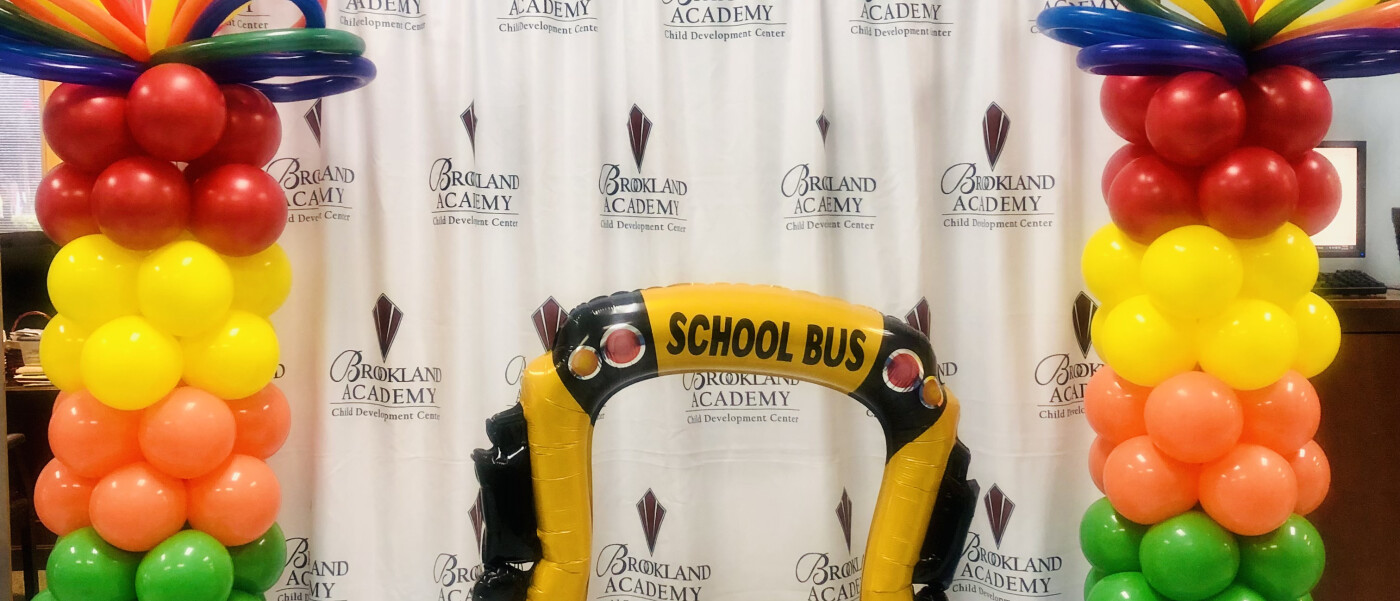
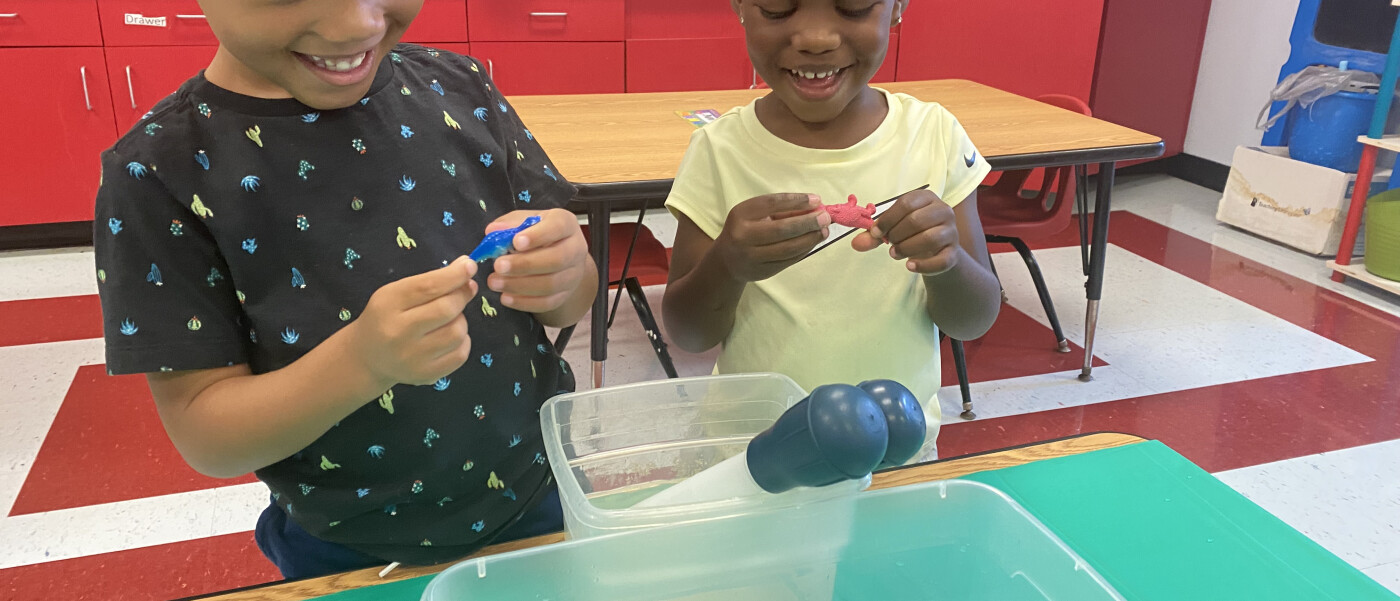

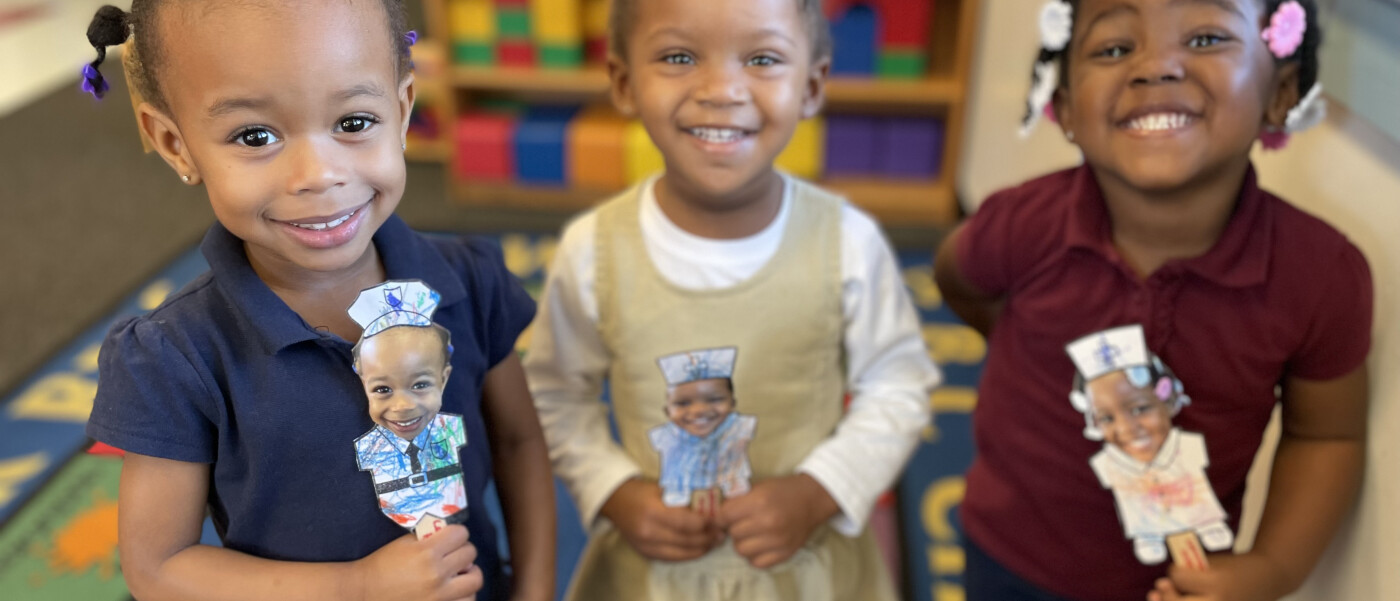
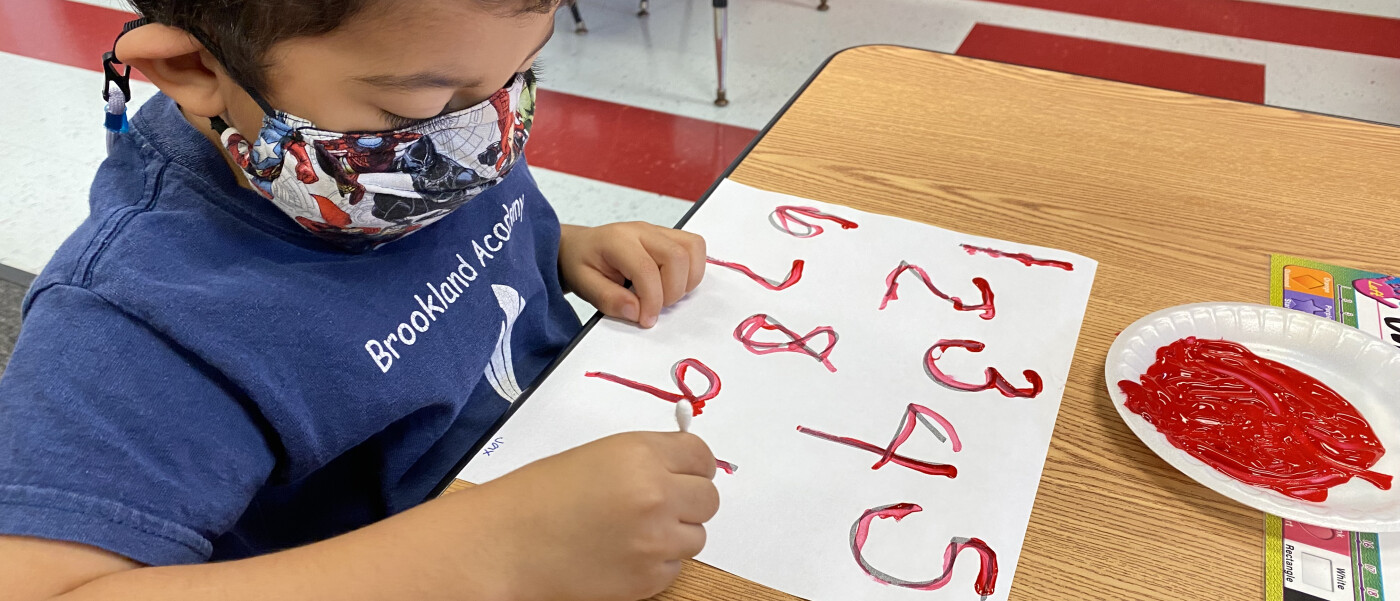
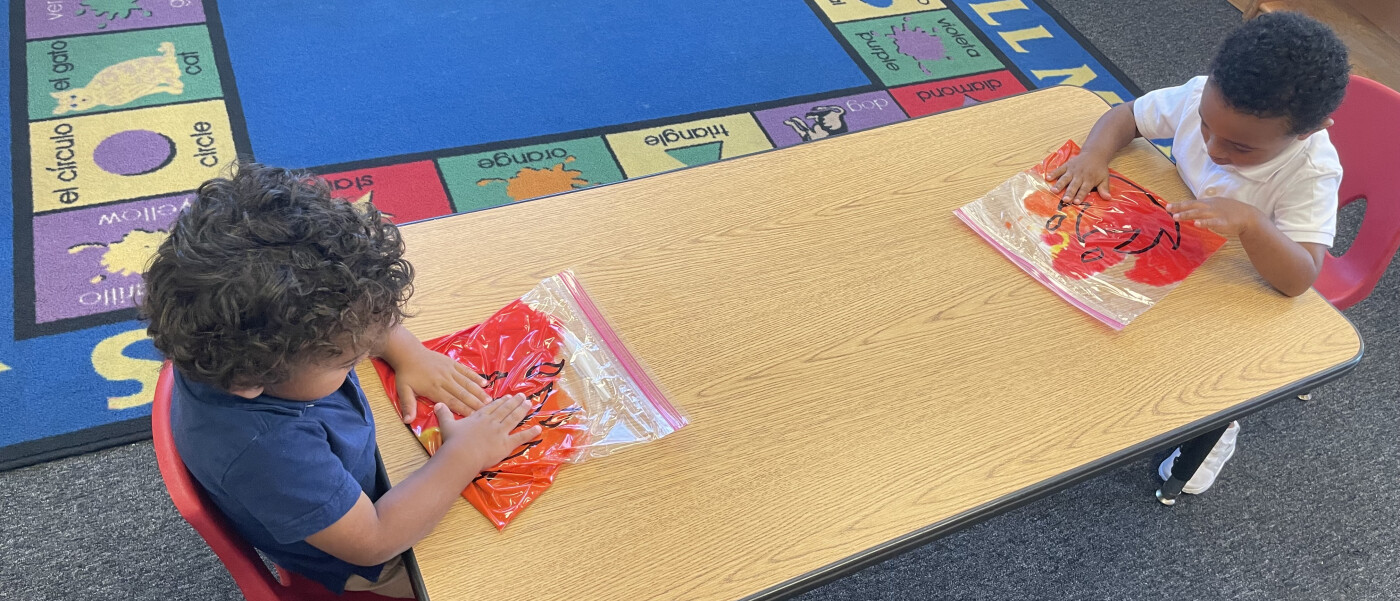
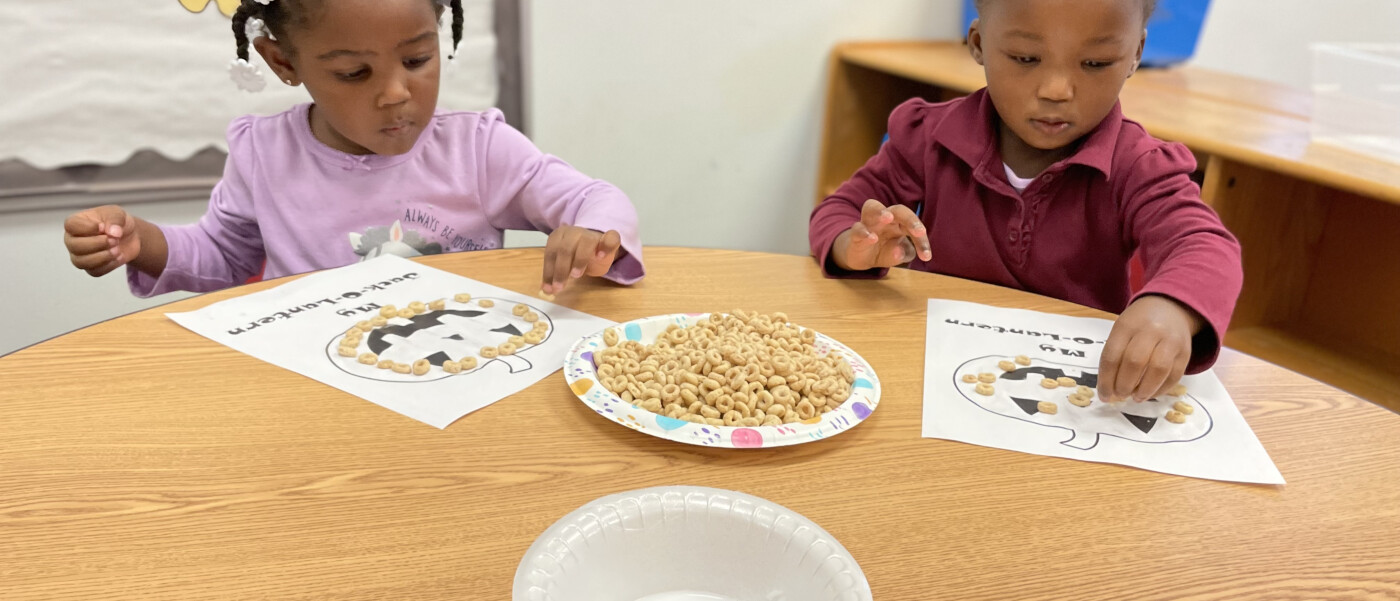
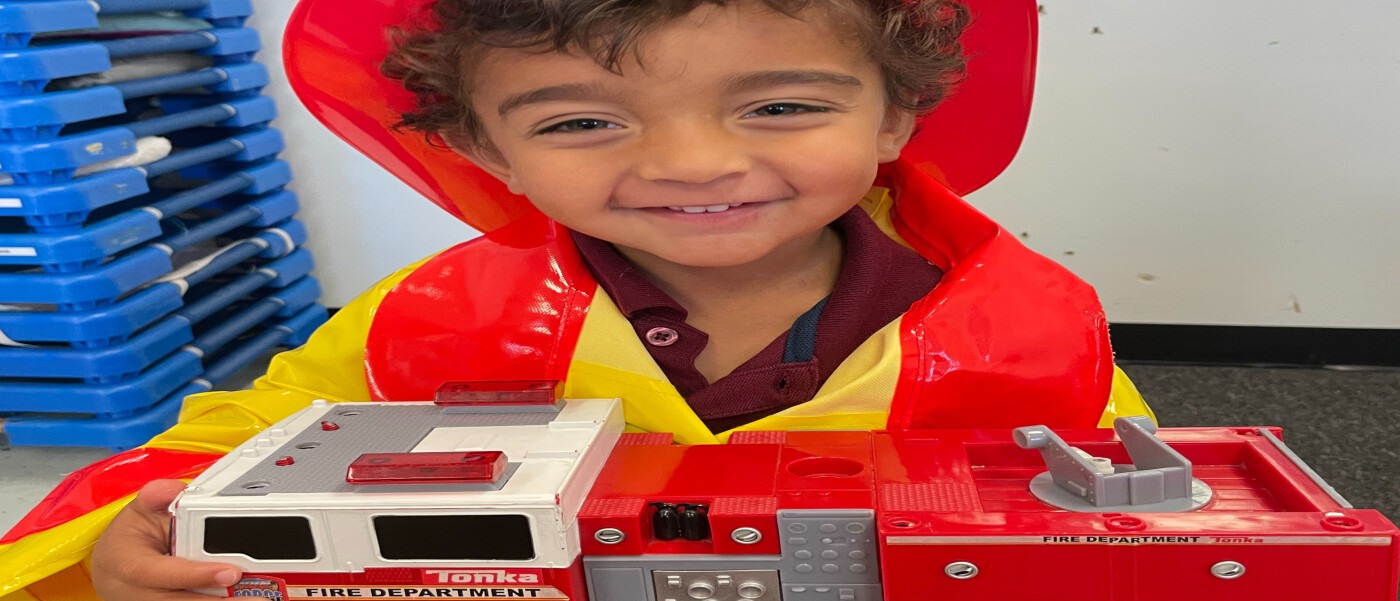


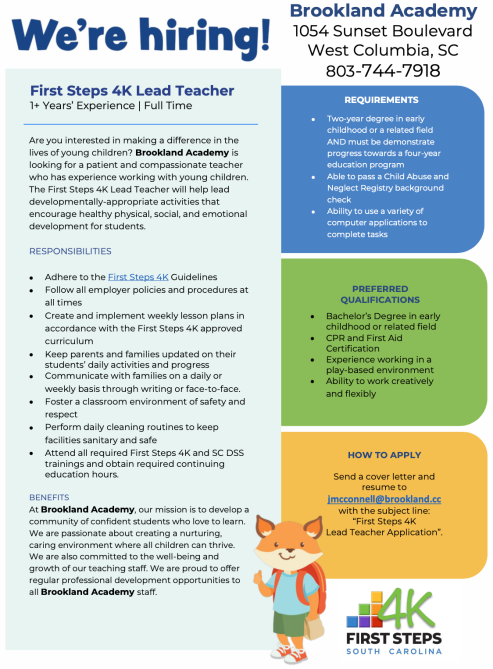
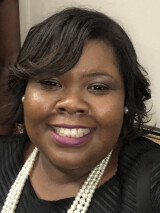 Dear Parents: Thank you for choosing Brookland Academy Child Development Center to enhance your child’s early developmental needs. The enclosed policy manual will provide you with essential information about the rules and regulations of our program. Choosing an early childhood program is one of the most important decisions you will make during your child’s early years. We believe parents want a safe and nurturing environment for their children. The Brookland Academy Child Development Center is a direct response by the Brookland Baptist Church to address the growing need for quality early childhood care and education. The Brookland Academy represents the church’s deep commitment to ensuring that children have the best start possible on their educational journey. As an extension of the church, the Brookland Academy has incorporated a Christian-based education into its curriculum. Our goal is to provide for the enhancement of spiritual, cognitive, emotional, physical and social development of children while involving families in collaboration with the community.
Dear Parents: Thank you for choosing Brookland Academy Child Development Center to enhance your child’s early developmental needs. The enclosed policy manual will provide you with essential information about the rules and regulations of our program. Choosing an early childhood program is one of the most important decisions you will make during your child’s early years. We believe parents want a safe and nurturing environment for their children. The Brookland Academy Child Development Center is a direct response by the Brookland Baptist Church to address the growing need for quality early childhood care and education. The Brookland Academy represents the church’s deep commitment to ensuring that children have the best start possible on their educational journey. As an extension of the church, the Brookland Academy has incorporated a Christian-based education into its curriculum. Our goal is to provide for the enhancement of spiritual, cognitive, emotional, physical and social development of children while involving families in collaboration with the community. 